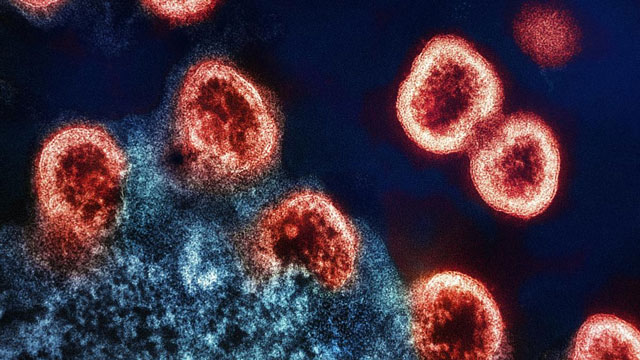Daijiworld Media Network – Chennai
Chennai, Sep 14: A new study led by Prof Jayanta Bhattacharya of the Translational Health Science & Technology Institute, Faridabad, has found that HIV strains circulating in India respond differently to powerful broadly neutralising antibodies (bNAbs) than those in other parts of the world.
Published in the Journal of Virology and funded by the DBT/Wellcome Trust India Alliance, the research compared the ability of 14 top bNAbs to neutralise contemporary HIV variants from India and South Africa.

The team discovered that Indian HIV-1 strains are most effectively targeted by antibodies against the V3 glycan region of the viral surface, followed by antibodies directed at the CD4 binding site. Antibodies aimed at the V1/V2 apex of the virus were far less effective, with many Indian strains showing strong resistance.
The researchers proposed a novel three-antibody cocktail—BG18, N6, and PGDM1400—that could neutralise a large proportion of Indian HIV strains. They also noted striking regional differences: Indian viruses were more sensitive to antibodies such as N6, 10-1074, and BG18, but slightly more resistant to CAP256-VRC26.25 than South African strains.
Prof Bhattacharya said these findings underscore the importance of region-specific strategies for HIV prevention, such as passive immunisation with tailored antibody combinations or vaccines designed to elicit similarly broad responses.